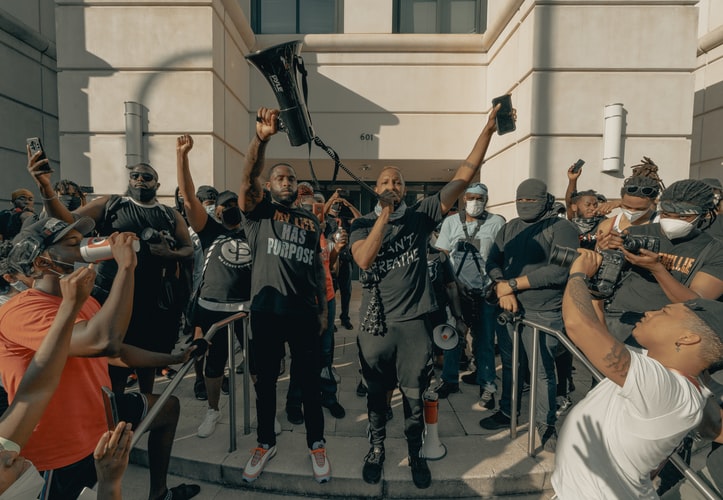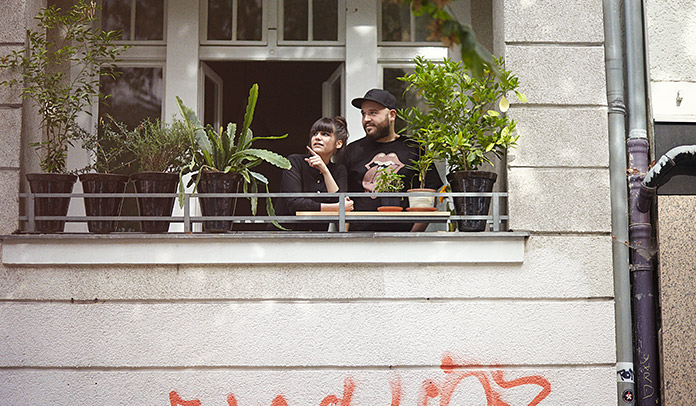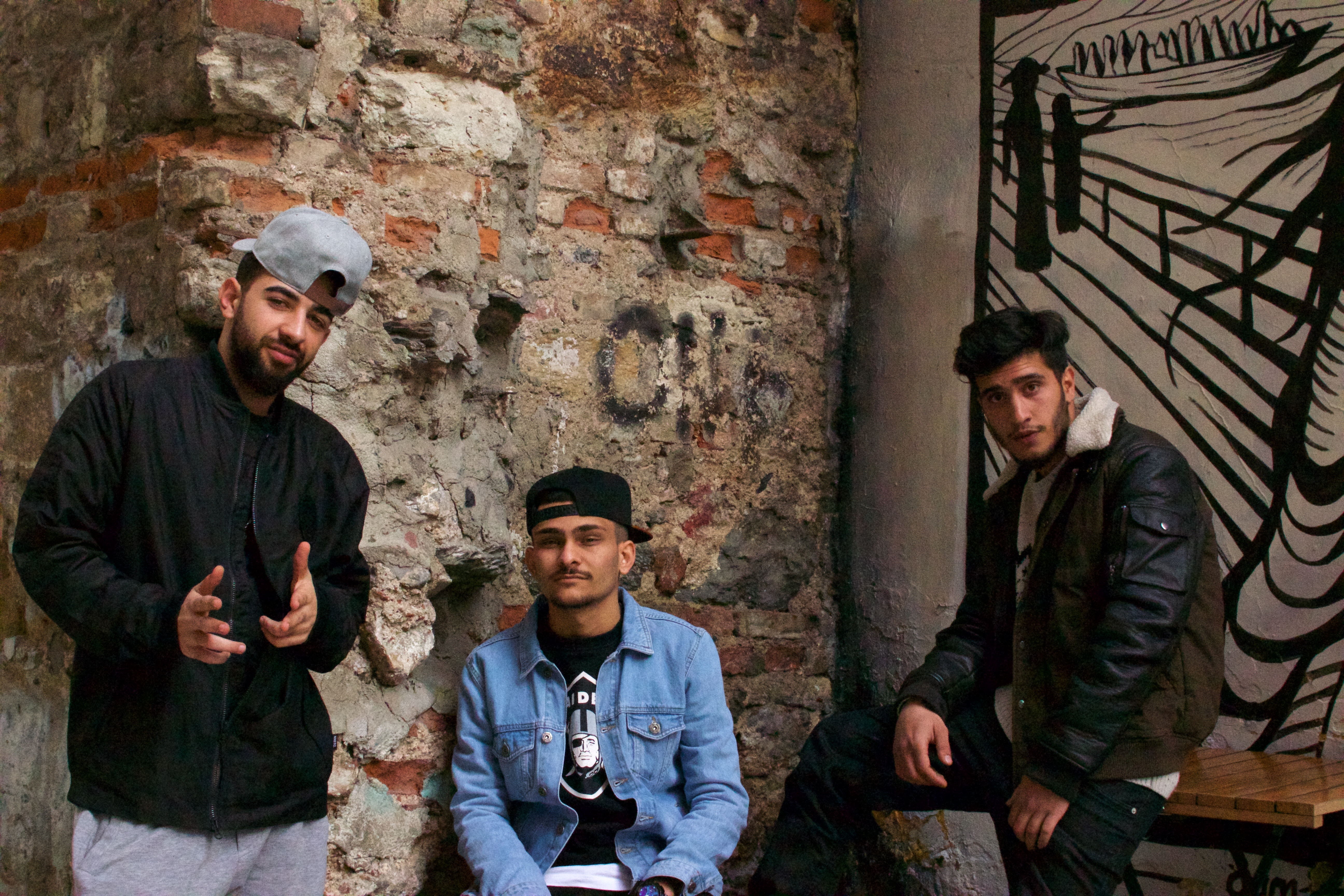In the US, a black man is murdered by police officers in broad daylight. A desperate passer-by films the scene, and a few days later the country is on fire. What does this mean for us? Is the Black Struggle solely an American problem?
Incidents of this kind around the world show that racism is a global phenomenon. In sociology, this is known, among other things, as the ideology of inequality. Such ideology is not only limited to the so-called land of unlimited possibilities, but can be found in every region of the world. And for unlimited possibilities in the United States to exist, there must also be a set of civil liberties.
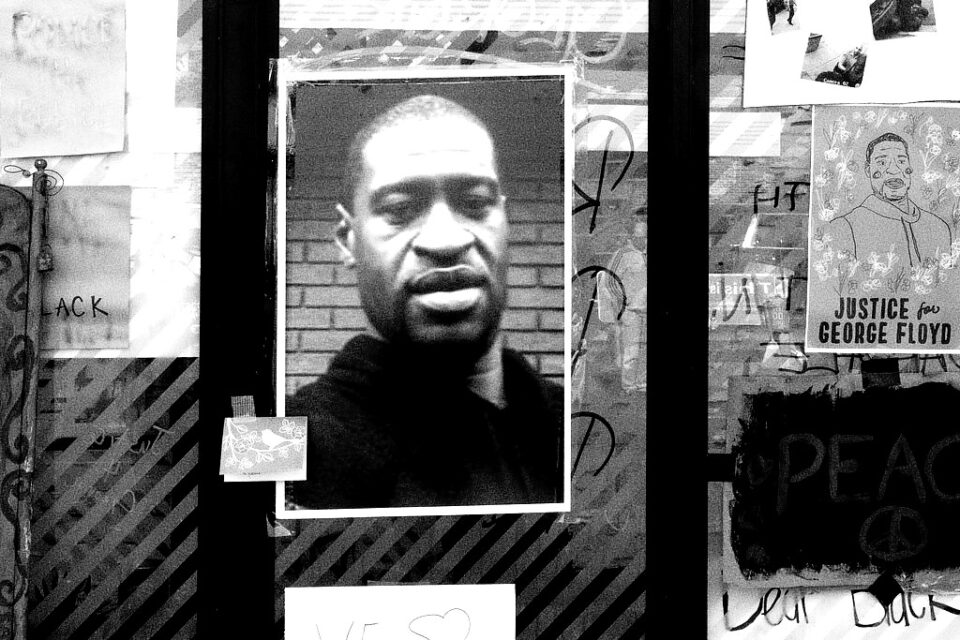
These freedoms mostly don’t apply to marginalized people like George Floyd. George Floyd is dead—he died from the effects of police violence, and this was not an isolated case. Racism mostly takes place along the dimensions of phenotype, ethnicity, religion, migration history, language and birth name.
It works according to the same overall logic everywhere: someone has relatively more power than someone else. A critical perspective on power is necessary to recognize discrimination, and in the worst case, discrimination can be fatal.
Racism, an old tradition in the United States
Racism against black people in the United States has a long documented history. With the USA’s Declaration of Independence in 1776, the massive exploitation of black labor and black bodies that had begun in the 17th century with slavery did not cease. Even after slavery was abolished, until the 1960s and 70s, the social segregation of black people was legally legitimated.
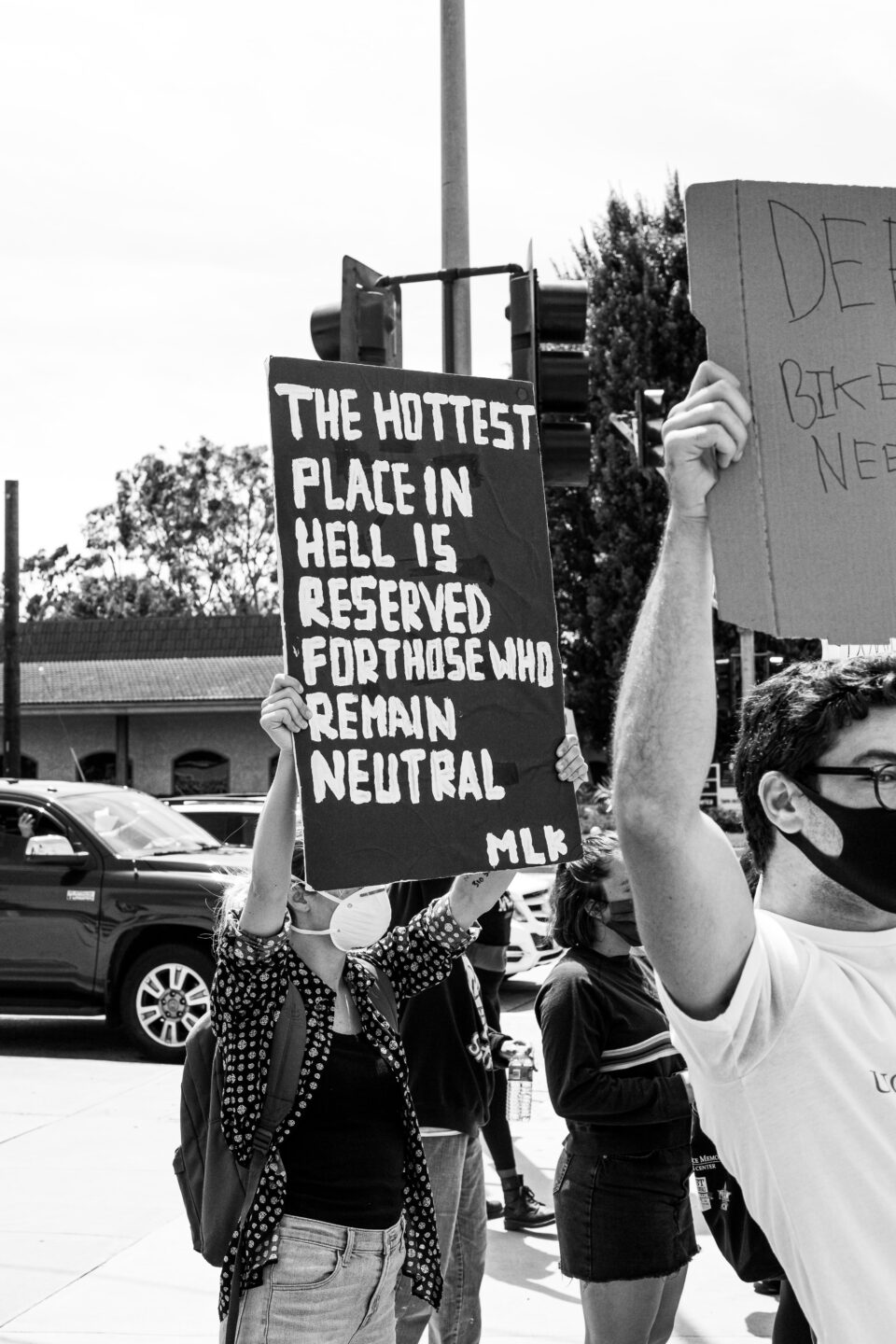
During the Civil Rights Movement, with the empowerment work of well-known personalities like Dr. Martin Luther King or Malcolm X, these injustices were corrected, at least on paper, that is. From a legal perspective, there should be no racism in the United States in the present day, no more than in Germany—yet the phenomenon persists.
Power, privileges and racial profiling
Critiques of power structures are an important part of the analysis of racism. Collectives, mostly constructed, racially discriminate against other constructed collectives. This means that there is a majority society that discriminates against a minority on the basis of prejudice, stereotypes, tradition, ideology or its own privileges. So far, so bad.
Everywhere, there is now a call to reflect on the privilege of whiteness to understand the social dimension and the deadly consequences of racial inequalities. Critical educational work on discrimination is essential to accomplish what has been promised to the citizens of the Global North since the French Revolution: „Liberté, égalité, fraternité“(Freedom, Equality, Fraternity).*
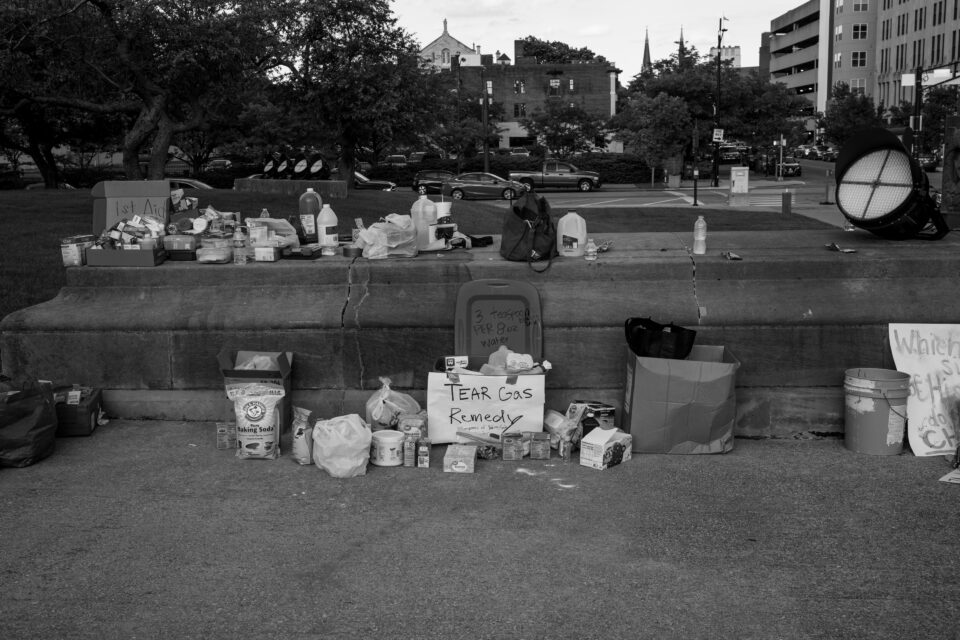
Racial profiling is pretty much the opposite of this promise and is still an everyday reality for those affected. It describes the measure taken by police and security authorities based on external characteristics such as the skin color of the person concerned.
George Floyd fell victim to racial profiling. Profiling is also a common practice of the federal police in Germany, despite a clear legal prohibition. What happens if the public institutions, the state, and in this case, the police, act on the basis of race? Does a reflection on one’s own privileges help then?
The trivialization of right-wing violence by the state
“No justice, no peace” is the motto of demonstrators in the US. The history of the American justice system has all too often proved how difficult it is to adequately prosecute violent racist crimes. This has been confirmed, yet again, by the case of the jogger Ahmaud Arbery, who was shot dead for no reason by two white men on February 23, 2020.
But where do prosecutors in Germany stand? Decades of trivializing right-wing ideas and right-wing violence have, not without good reasons, led observers to accuse the state of turning a blind eye to far-right extremism. The Amadeu Antonio Foundation deplores the great discrepancy between the number real deaths caused by right-wing violence and the official recognition by state authorities.
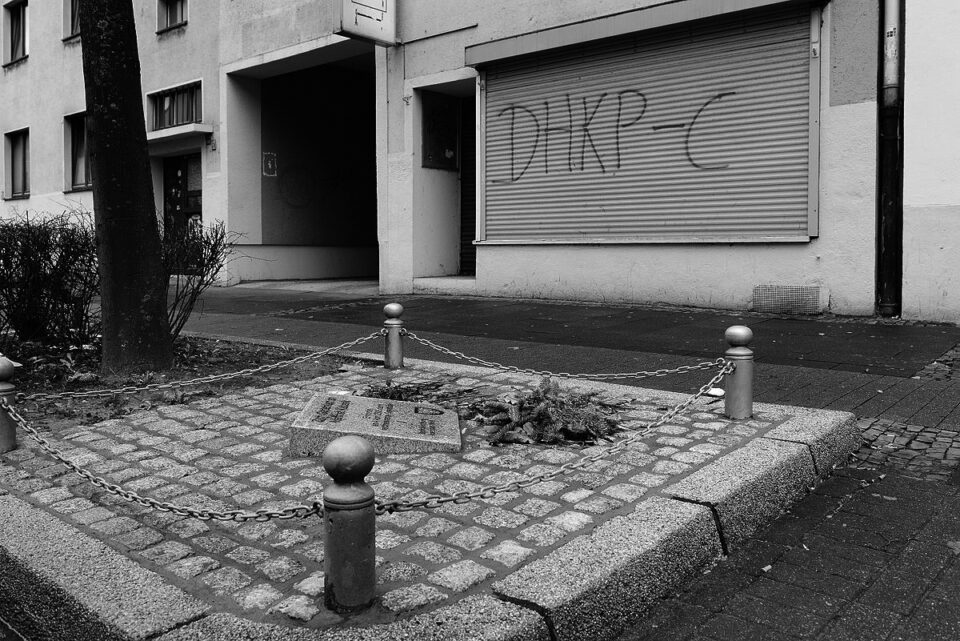
According to the foundation’s independent monitoring process, at least 200 people have been killed by right-wing violence since the 1990s. The list is alarmingly long and the trauma caused by the NSU has not yet healed. Of course, this should not let us forget that police racism towards blacks and other non-white people in the United States is much more violent than in Germany. And yet, there is violence here, too.
Institutions such as police authorities are difficult to change due to their rigid structures. The racist behavior of authorities should therefore be understood as a problem that can only be solved politically. A first step would be the introduction of independent investigative authorities for police violence in Germany and the expansion of the anti-discrimination law along the lines of the state of Berlin. Last week, the former passed a new law explicitly barring the police and authorities from discriminating based on skin color and other factors.
New empowerment structures in Germany
At least since the last right-wing terrorist attacks in Hanau, Halle and Kassel, young politicized Black, Indigenous and People of Color (BIPOC) have started to organize themselves in empowerment structures in major German cities in order to make the political problem of vulnerability in affected communities more visible.
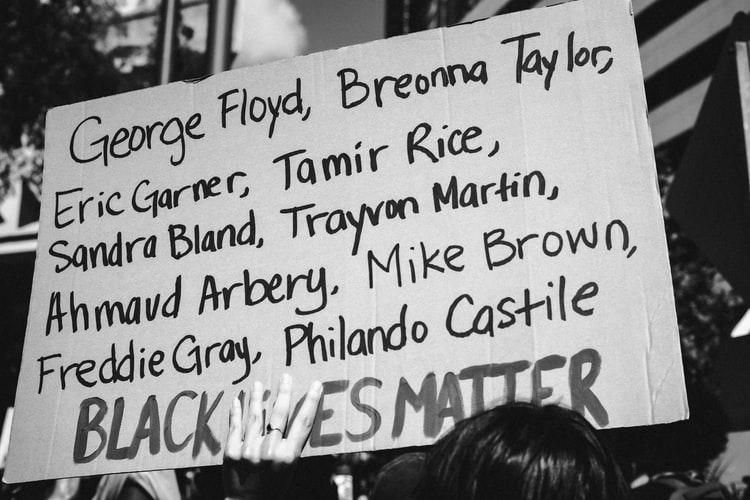
BIPOC identify themselves as migrant and anti-fascist in the broadest sense, which is why they have adopted the nickname “Migrantifa”. They share a common horizon of racialized experiences, and now want to express their anger and outrage in the form of protests. This was last followed on May 8th—”der Tag des Zorns” (the Day of Wrath)—via decentralized actions.
Being anti-racist: for the social participation of all people
The fact that racism against black people is specific and global should encourage us, anti-racists, to show even more solidarity with black people in the USA, Germany and elsewhere. Anyone who believes in the apparently hopeless struggle for a self-determined life and fair participation for all in society should be anti-racist.
This process is one of mutual learning, and it comes, in part, with moving out of one’s own comfort zone and with getting involved in the social realm beyond social media. In the United States, the frustration and impotence that have accumulated for decades are now unleashed. For us, it means sending our solidarity and condolences across the Atlantic to our black sisters and brothers.
All lives will matter when black lives matter equally.
In memory of our brother George Floyd. Rest in power.
Text: Mahir Türkmen
The images used in this article were mostly taken during demonstrations by American citizens in Indianapolis, Indiana in the last week of May 2020. They were taken by Mike Von, Donovan Valdivia & Hybrid.
*Note of the translator: The promise of the French Revolution wasn’t achieved in France either. Today, French anti-racists criticize the universalism of the French republican ideals because it is color-blind. In this cultural assimilation model, racism is often not seen (also see the French academic Maboula Soumahoro).
